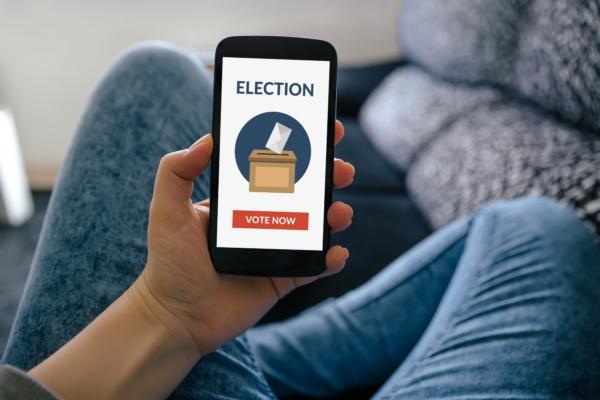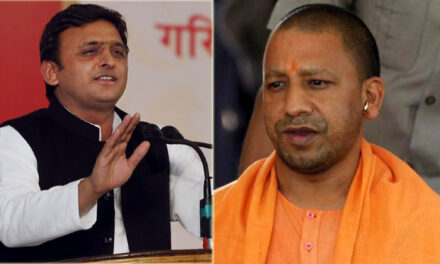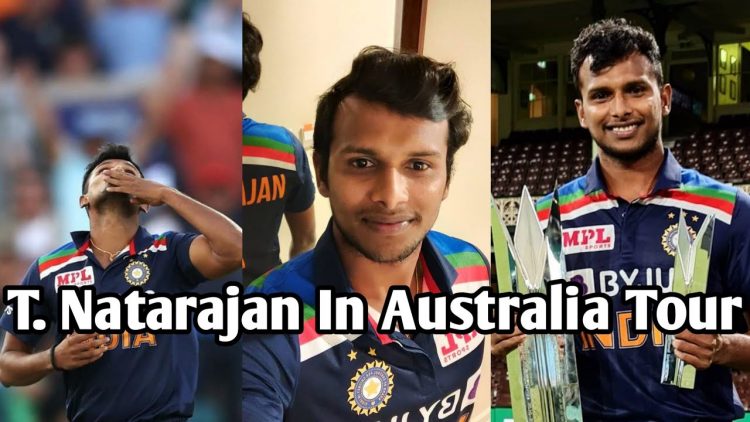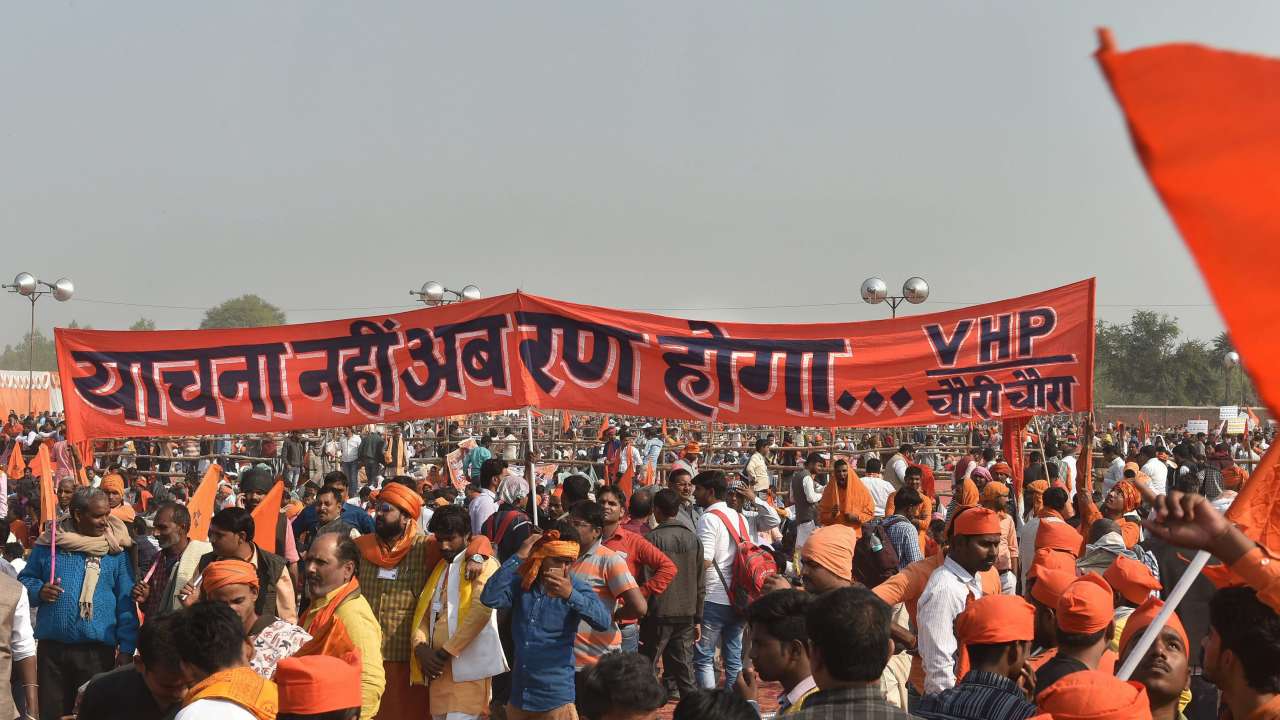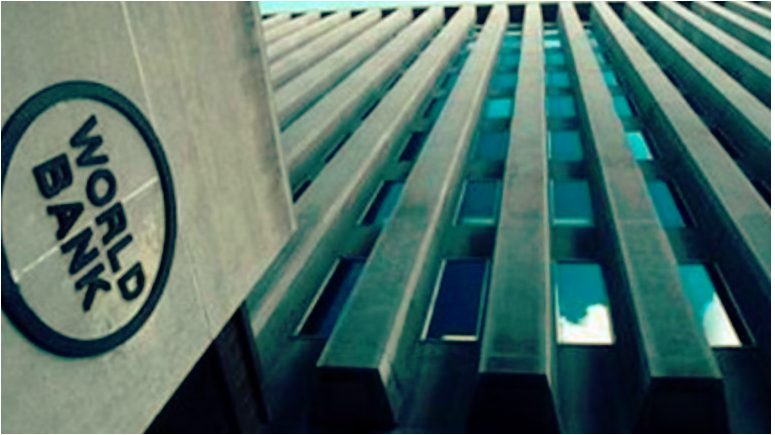As the Election Commission of India held a series of webinars on the use of blockchain for remote voting on Monday, the issue of voter privacy emerged as a major talking point, with lawyers and academics believing that it should be given as much importance as the process of voting itself.
“When we talk about blockchain-based remote voting, we should also talk about the importance of data process in the entire process of voting and not just the voting itself,” said Nappinai NS, an Advocate at the Supreme Court, and founder of Cyber Saathi.
Large sections of society today do not trust their government This makes the election a very important event in a modern democracy.
The issue with the current ballot system is that it can be easily manipulated by power hungry organizations .
The proposed system looks to eliminate the aspect of trust from an election to make it more secure and transparent.
The system uses existing technology such as a client server architecture integrated with a blockchain system to ensure aspects such as transparency, security and auditability are achieved without sacrificing privacy for voters.
The cost of building the system is substantially less as compared to the cost of running a ballot based system.
There are substantial social benefits to using the system as well such an easier and quicker voting process which will lead to higher voter turnout.
[splco_spacer]
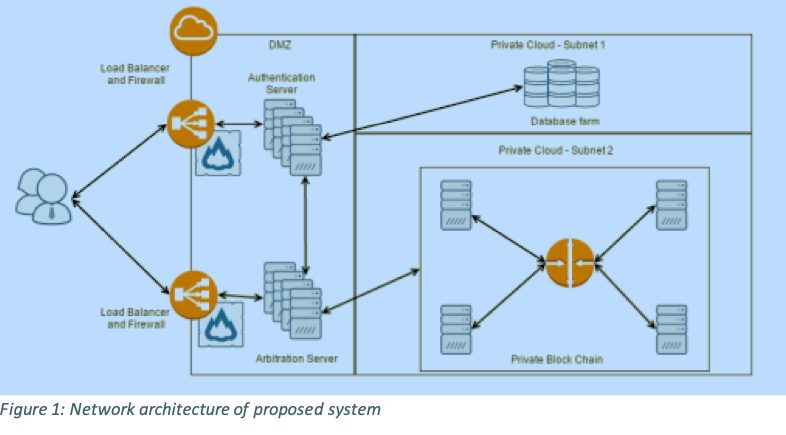
[splco_spacer]
This system can be implemented for a larger number of countries as the internet penetration in the world increases. We might definitely see a future where every country has implemented a system similar to ours.
Referring to the Telangana Election Commission’s use of facial recognition technologies at some polling booths during civic elections earlier this year, Nappinai said that, “we’re seeing the use of a lot of intrusive technology being used in elections, which when interconnected can go against the Puttaswamy judgement [on the right to privacy]”.
However, even as Nappinai called Telangana’s use of facial recognition at the civic polls an “intrusive technology”, she suggested that India could explore a “one nation one card” type solution, enabled by blockchain which can be linked to a system to ensure a voter’s identity. “Such a card will also help overcome the problem of territoriality,” she remarked.
She also questioned the entire idea behind using tech during elections, pointing out that even the “current method of voting using EVMs requires a paper trail [VVPAT]”; “do you even need tech,” she asked.
The Election Commission’s IT Director VN Shukla said that the organisation should approach remote voting as a “layered system”, which should be a “good mix of processes which are easy to use, tech which is robust and scalable, standardised databases, and easy and maintainable user interface”.
He said that any new process should not seem much different from the previous one and that the adoption should be “gradually increased”.
“In blockchain-based voting, voter data is sitting somewhere and we don’t know if someone can gain control over it. There were rumours EVM with out counting VVPAT in India 2019 and also that Russia had meddled with the 2016 US elections, and our systems can be potentially vulnerable if tomorrow we have a problem with China,” expert said.
Readers should however note that having an all-encompassing ID for exercising democratic rights isn’t an advisable solution given that it creates a single point of failure.
[splco_spacer]

[splco_spacer]
In contrast, a federated means of identification ensures that people can identify themselves where needed without necessarily compromising the only ID they have.
‘Our laws are not ready for blockchain-based voting’
“Legally we are not prepared for a blockchain voting mechanism,” Advocate Pavan Duggal said. He also said that while Estonia’s name comes up in all digital ID discussions, it is perhaps not right to compare India to the European nation because India is much larger with a very different socio-economic situation.
The current Information Technology Act doesn’t give legal recognition to blockchain, “as long as you don’t take a very broad view that blockchain is data and information,” Duggal said, adding that India will have to come up with blockchain specific legislation if it were to experiment with the technology during elections. Countries like Japan Estonia, Malta, and Belarus have all come up with blockchain specific regulations, he remarked.
Aside from the IT Act, Duggal also suggested that the Indian Contract Act is not adequate. “A blockchain is essentially a smart contract, but does that make it legal? While the IT Act gives legality to e-contracts, blockchain is likely to throw more challenges, which can’t be addressed by the current IT Act or Contract Act,” he said.
“It’s now possible to get blockchain servers located in different parts of the world so the Election Commission might not have substantial control over that data,” Duggal said.
[splco_spacer]
“When that happens, where is a voter’s privacy? Who all can see their voting preferences? These questions will have a huge impact on the sovereignty and security of India,” he added.
He also called India’s National Cybersecurity Policy a “paper tiger” and said that the imminent cybersecurity strategy of 2020 is “not likely to shed light on blockchain-based voting mechanism”.

